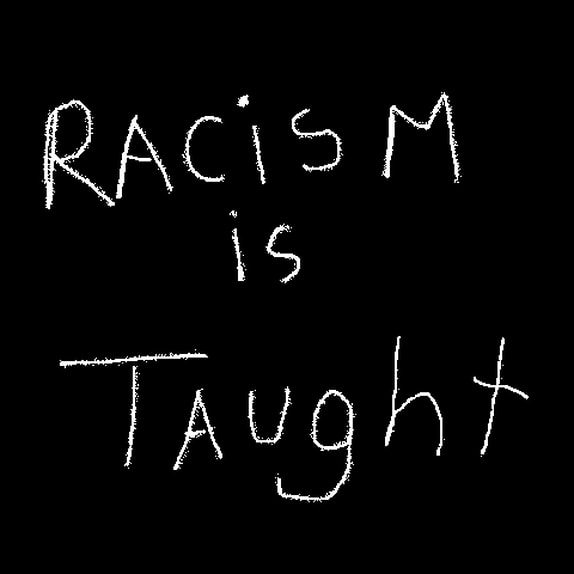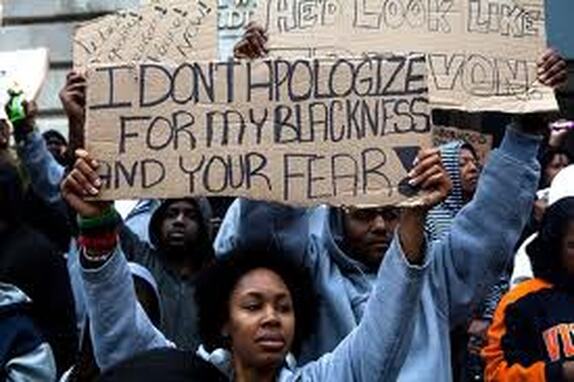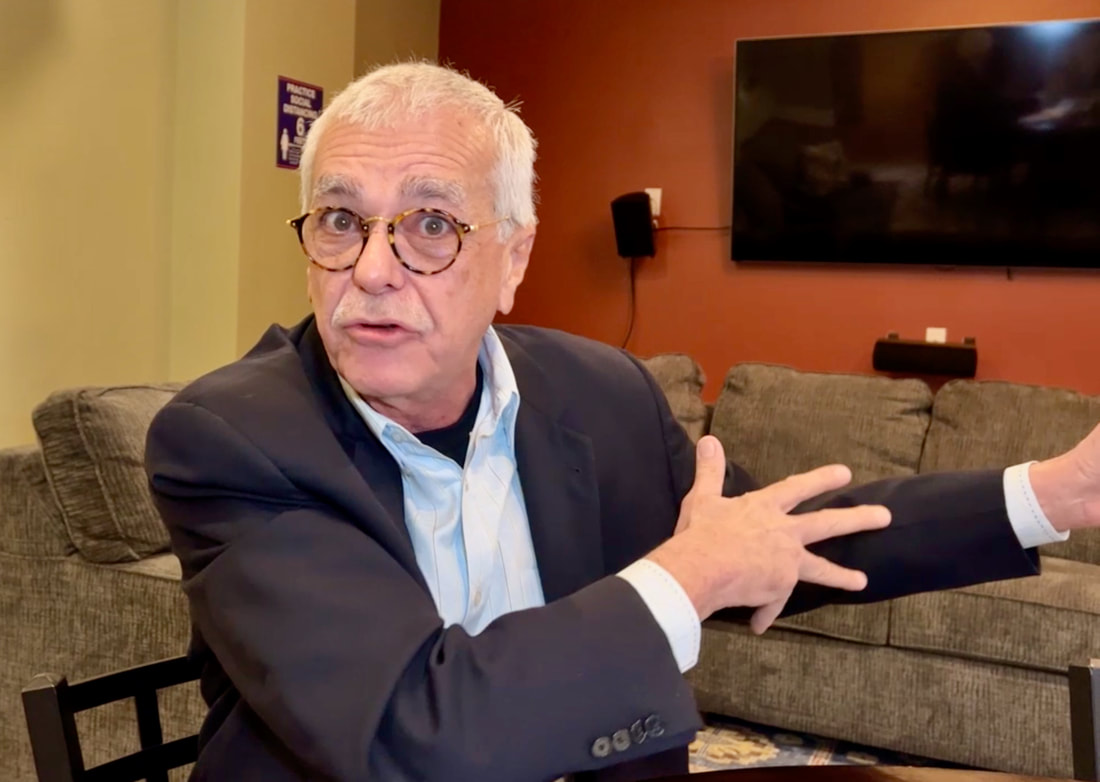7. Exalted or Offended?
|
By Miguel Pérez
August 12, 2008 - It all began with an innocuous column to commemorate Hispanic Heritage Month, one that encouraged U.S. Latinos to take pride in the contributions their ancestors made to this great nation. And yet many non-Latinos were offended. Almost 20 years ago, in a column I wrote for the New York Daily News, I told Latinos that they have many reasons to take pride in their North American roots, that they should arm themselves with some historical facts so they will not allow anyone to treat them like foreigners or force them to speak only one language. I explained that they should not be guided by American history books or school curricula, which traditionally have omitted everything that happened here before the British settled in Jamestown in 1607. I reminded them that the Spanish people — and language — started spreading throughout North America almost 100 years before a word of English was uttered here and that many American cities, states and landmarks have Spanish names because their Hispanic ancestors were the first to explore and colonize them. The unexpected, yet tremendous response to that column — from Latinos who loved it and bigots who hated it — led to many other articles, including this series on Hispanic-American history. Through the years, whenever I write about this topic, I get an extraordinary number of letters from readers who either are feeling exalted or offended. Some people are simply in denial. Because they were not taught Hispanic-American history in school, they claim the right to be ignorant — and to show how such a lack of knowledge can lead to bigotry and discrimination. "No matter what you write about America and who discovered it, we will not accept the Spics and Niggers," wrote one of my readers. "You can write until your black Spic ass turns white, the American people will never accept a Spic on any good job. This is the white way of thinking," he added. "We let them go so far to keep them quiet, but that is as far as they go." |
Many of these venom-spewing letters are anonymous, scribbled by adults with the penmanship of third-graders, people who obviously are frustrated and threatened by the growth of the Hispanic population in the United States. "And how about telling us how quick you can turn a neighborhood into a slum?" wrote someone named "American."
"There is nothing special about Latinos except that they are able to persuade educators and politicians that they deserve special treatment at tremendous cost to the taxpayers," wrote another reader who chose to deny the undeniable history of Hispanic contributions to the United States.
And yet Latinos, who also happen to be taxpayers, receive these columns with "newfound pride." Some say they will frame the articles; others say they will save them for when their children are old enough to read them.
"I am planning on one day becoming a teacher and despite whether or not Latino History is part of the curriculum, TRUST ME, it will be taught!" wrote a young Latina.
"I don't think I'll ever change my co-workers' minds or attitudes toward foreigners," wrote one Latino, who felt the sting of discrimination at his job. "But at least now I'll stop thinking of changing my name. I thank you for your words and for giving me something I thought I had lost, my self-worth."
Last year, when I wrote about Jamestown and St. Augustine and argued that the latter was settled in Florida by Spanish explorers almost 42 years before the British arrived in Virginia, the reader responses were typically radical.
When I explained that Jamestown visitors are wrongly led to believe that they are in "America's Birthplace" and that this is all part of a centuries-old scheme — a "Black Legend" — to paint Latinos in a negative light and minimize their contributions, one of my bigoted readers responded not with a valid argument, but with a sarcastic question: "St. Augustine doesn't get the publicity Jamestown does because the settlers of SA were wrongly characterized as slimeballs???"
Yet when I wrote about the Latinos who fought against the British in the American Revolution and cited the "Ladies of Havana" and how it was Cuban women who raised the funds that fed and supplied George Washington's troops, a Latino reader said he was "speechless … filled with newfound pride, but speechless." He listed all the schools he had attended in the United States — from elementary to graduate school — and then noted, "I have NEVER had an inkling of the significant contributions of the Ladies of Havana and the Spanish colonies to the success of our War of Independence." And then he noted, "To consciously deprive Latino and non-Latino students of these historical facts is an intellectual crime."
I agree. And so we go on with this series on America's hidden Hispanic heritage, which is beginning to look like a book in progress. I'm becoming an intellectual crime fighter!
COPYRIGHT 2008 CREATORS SYNDICATE INC.
"There is nothing special about Latinos except that they are able to persuade educators and politicians that they deserve special treatment at tremendous cost to the taxpayers," wrote another reader who chose to deny the undeniable history of Hispanic contributions to the United States.
And yet Latinos, who also happen to be taxpayers, receive these columns with "newfound pride." Some say they will frame the articles; others say they will save them for when their children are old enough to read them.
"I am planning on one day becoming a teacher and despite whether or not Latino History is part of the curriculum, TRUST ME, it will be taught!" wrote a young Latina.
"I don't think I'll ever change my co-workers' minds or attitudes toward foreigners," wrote one Latino, who felt the sting of discrimination at his job. "But at least now I'll stop thinking of changing my name. I thank you for your words and for giving me something I thought I had lost, my self-worth."
Last year, when I wrote about Jamestown and St. Augustine and argued that the latter was settled in Florida by Spanish explorers almost 42 years before the British arrived in Virginia, the reader responses were typically radical.
When I explained that Jamestown visitors are wrongly led to believe that they are in "America's Birthplace" and that this is all part of a centuries-old scheme — a "Black Legend" — to paint Latinos in a negative light and minimize their contributions, one of my bigoted readers responded not with a valid argument, but with a sarcastic question: "St. Augustine doesn't get the publicity Jamestown does because the settlers of SA were wrongly characterized as slimeballs???"
Yet when I wrote about the Latinos who fought against the British in the American Revolution and cited the "Ladies of Havana" and how it was Cuban women who raised the funds that fed and supplied George Washington's troops, a Latino reader said he was "speechless … filled with newfound pride, but speechless." He listed all the schools he had attended in the United States — from elementary to graduate school — and then noted, "I have NEVER had an inkling of the significant contributions of the Ladies of Havana and the Spanish colonies to the success of our War of Independence." And then he noted, "To consciously deprive Latino and non-Latino students of these historical facts is an intellectual crime."
I agree. And so we go on with this series on America's hidden Hispanic heritage, which is beginning to look like a book in progress. I'm becoming an intellectual crime fighter!
COPYRIGHT 2008 CREATORS SYNDICATE INC.








